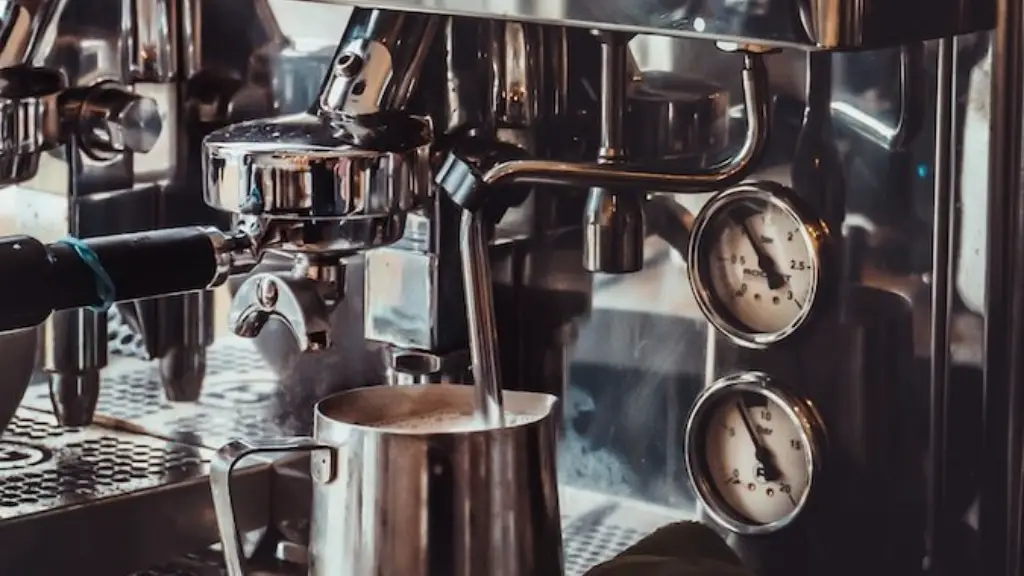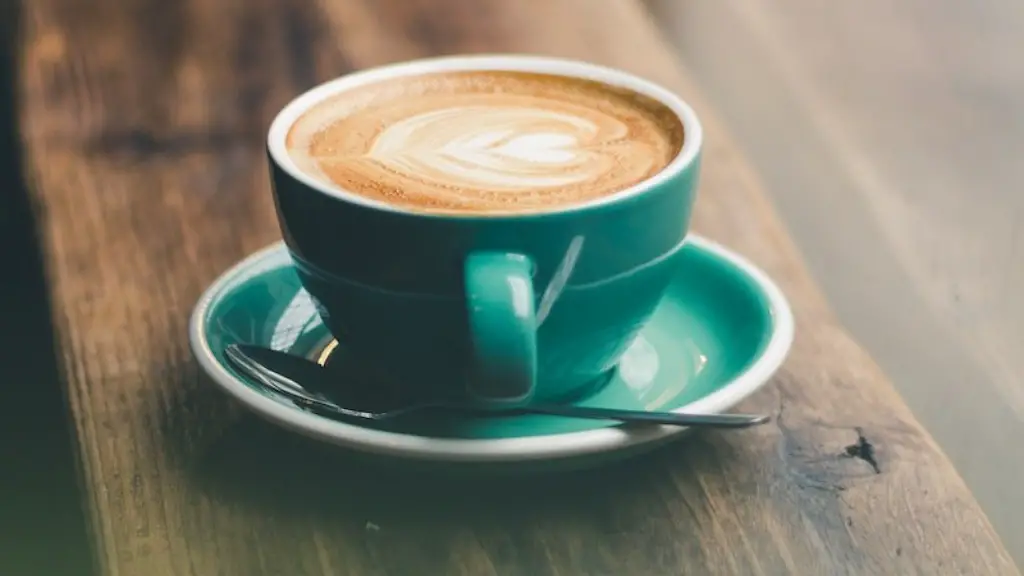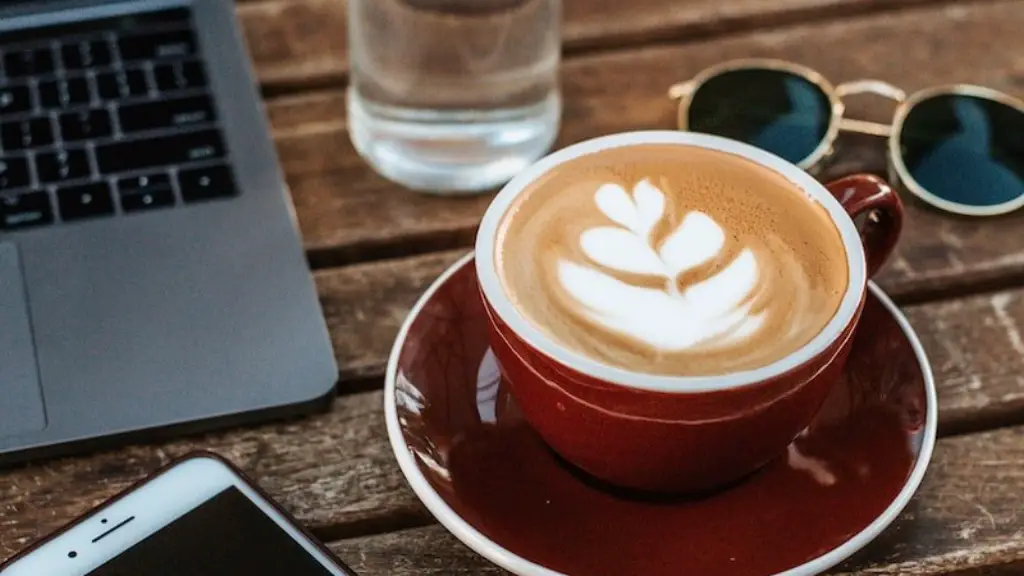What is Fasting
Fasting is an eating pattern or restriction that focuses on consuming either no or very few calories for a duration of time. Depending on the type of fast undertaken, it may involve abstinence from all or some types of food and beverages. Fasting for blood tests means cutting out all food and drinks for a solid 8 to 12 hours before the blood test. This means that an individual typically can not drink coffee when fasting for blood tests.
Why Do You Need to Fast for a Blood Test
Before undergoing a blood test, it is essential to fast for the recommended 8 to 12 hours. This is to ensure that the results are accurate. If a person eats or drinks prior to the test, the sample will be contaminated with gluclose and other metabolites, potentially distorting the findings. For example, when measuring a person’s glucose levels, if the sample is taken before an individual has had circadian meal, the glucose levels will be lower than the real value. This can give false results and detrimentally harm diagnosis and disease management.
What happens if i break the fast?
If a person has broken the fast when they go in for the test, the doctor doing the test may choose to take the sample but will inform the individual of the potential effect on the test results. They may also advise to reschedule the test to ensure that the results are more accurate.
Impact of Coffee on a Blood Test
Coffee contains caffeine, sugar and other substances. Caffeine acts as a stimulant and can affect the levels of certain hormones in your body. Therefore, drinking coffee while fasting for a blood test would compromise the results. The most obvious example is in relation to fasting insulin levels, as caffeine has been repeatedly shown to interfere with its measurement. Furthermore, the sugar from coffee contributes to the total level of glucose in your system. Therefore, caffeine can raise blood glucose levels and affect the accuracy of the test results.
The Adverse Effects of Breaking the Fast
It is highly advised to not break the fast when fasting for blood tests. If a person does break the fast, some of the tests, such as total cholesterol, may not be affected as much, however, it should still be avoided. Furthermore, for other tests, such as glucose and liver enzymes, breaking the fast may falsely overstate the levels. This can cause problems with diagnosis and management of the underlying condition. Therefore, a person should make sure they are following the fasting instructions in order to get accurate results.
Does This Apply to All Blood Tests
No, not all blood tests require a person to fast. For instance, complete blood counts and certain electrolyte tests do not require an individual to fast beforehand. Ultimately, regardless of fasting requirements, it is essential to follow the doctor’s advice prior to the test.
What are the Alternatives?
If a person is unable to fast for a blood test, there are several alternative options. Firstly, they could request a doctor’s appointment for a fasting blood test. In some situations, doctors or clinics will prefer or allow only fasting blood tests and this can give more precise results. Secondly, they could opt out of certain tests that require fasting, such as certain glucose and liver enzyme tests, and replace them with alternatives. Thirdly, they could speak with their doctor and ask whether it is safe to break the fast and drink something that does not contain any sugar or complex carbohydrates, such as black coffee or tea.
How to Prepare for a Blood Test
It is important to properly prepare for a blood test in order to guarantee accurate results. Firstly, make sure to check with your doctor regarding whether or not you need to fast for the test and for how long. Secondly, follow any instructions given and make sure to take extra care when it comes to medications. Finally, drink plenty of water to stay hydrated and get a good night’s sleep the evening before the test to ensure you are well rested for the test.
Staying Hydrated when Fasting for a Blood Test
When fasting for a blood test, an individual has to abstain from all food, drinks and even certain medications. However, they are typically allowed to drink water and clear beverages, such as black coffee or tea, without sugar or sweeteners. This helps to ensure a person will not become dehydrated due to the fast.
Tips to Manage Low Blood Sugar When Fasting
When fasting for a blood test, there are certain tips that can help manage low blood sugar. Firstly, it is essential to drink lots of water and clear beverages without sugar or sweeteners. Secondly, before the test, it is best to eat a meal that is high in protein and low in carbohydrates. Thirdly, it is recommended to avoid strenuous exercise or activities prior to the test. Finally, if possible, bring a snack for after the blood test to prevent any sudden drops in blood sugar levels.
Dietary Tips for those Fasting for Blood Tests
In general, it is important to eat a balanced diet leading up to a blood test. This ensures that an individual is well nourished and has their regular dietary requirements met. It is essential to avoid food and beverages that are high in sugar, caffeine or alcohol as these can interfere with the results. Furthermore, it is best to have a light meal the evening before the test and to limit vigorous exercise prior to the day of the test.
Conclusion
In conclusion, it is essential to follow the recommended guidelines when it comes to fasting for a blood test. This includes avoiding all food, drinks and certain medications for 8 to 12 hours prior to the test. Coffee should be especially avoided as it contains sugar and caffeine, both of which can impact the results of certain tests. Furthermore, it is best to prepare by having a light meal the evening before, getting a good night’s rest, drinking lots of water, and avoiding strenuous activities. Ultimately, with the proper preparation, a blood test can be done quickly and accurately.



